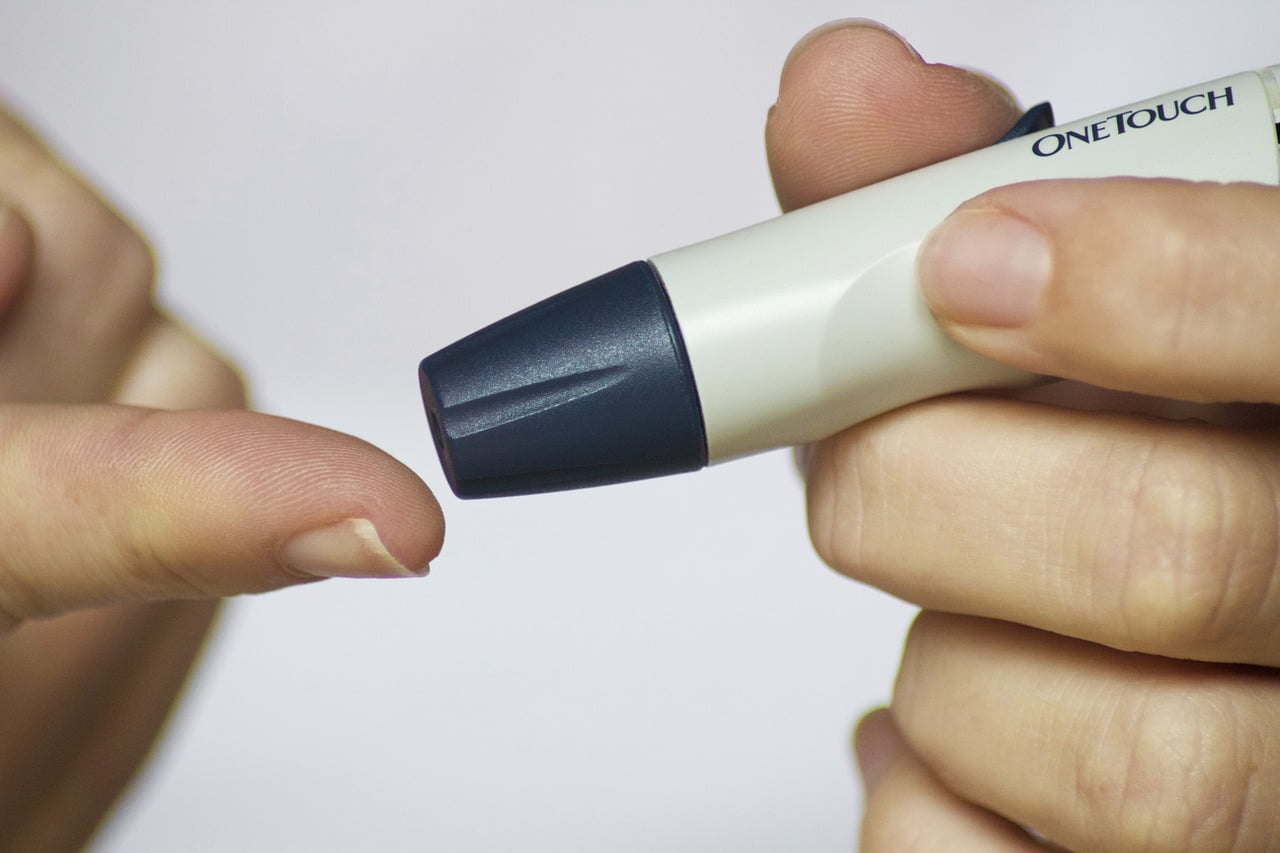Air pollution is a major environmental risk to health, known to cause lung cancer and other respiratory diseases, including asthma. According to the World Health Organization, outdoor air pollution causes 3.7 million premature deaths worldwide annually.
SEE ALSO: Exposure To Air Pollution In Womb Raises Risk Of Autism, Study Finds
But air pollution is not only linked to respiratory diseases. A new Israeli study shows that air pollution can worsen blood sugar levels, cholesterol and other risk factors for heart disease, particularly in people with diabetes.
The study, which was conducted by Israel’s Ben Gurion University and the Soroka University Medical Center, was recently published in the Endocrine Society’s Journal of Clinical Endocrinology & Metabolism.
“The continuous nature of exposure and the number of people affected gives us cause for concern”
“While air pollution is linked with relatively small changes in cardio-metabolic risk factors, the continuous nature of exposure and the number of people affected gives us cause for concern,” Dr. Victor Novack of BGU and the Soroka University Medical Center, who led the study, said in a statement. “Even small changes in glucose levels and glycemic control can contribute to increased risk of cardiovascular disease.”
SEE ALSO: Following Israel’s Most Devastating Sandstorm, Eyes Are On Air Pollution App BreezoMeter
The study examined the effects of air pollution exposure on 73,117 adults living in southern Israel, where levels of particulate matter can escalate due to its location in the global dust belt.
Sign up for our free weekly newsletter
SubscribeTo assess air pollution, the researchers used daily satellite data on how much sunlight was blocked by particles in the air. By examining this and other weather data, the scientists developed a model that allowed them to estimate daily air pollution exposure for each study participant using their address.
They then analyzed the results from 600,000 blood samples taken from the study subjects between 2003 and 2012. All of the study participants were known smokers or were diagnosed with diabetes, ischemic heart disease (a disease characterized by reduced blood supply to the heart), and hypertension (or dyslipidemia), which occurs when levels of fats in the blood are too high or low.
The study found participants tended to have higher blood sugar levels and a poorer cholesterol profile when they were exposed to higher levels of air particulates in the preceding three months compared to those exposed to lower levels of air pollutants. In all, particulate matter exposure was associated with increases in blood glucose, LDL cholesterol levels (the “bad” cholesterol), and triglycerides, or fats in the blood. Exposure to particulate matter was also linked to lower levels of HDL, or “good” cholesterol.
The associations were stronger for people with diabetes; however, those who were taking medications other than insulin to treat diabetes experienced a protective effect. This group experienced smaller changes in blood sugar and cholesterol levels following air pollution exposure.
Although air pollution did not have an immediate effect on blood test results taken within as little as seven days of exposure, the researchers found that cumulative exposure over the course of three months was tied to risk factors for cardiovascular disease.
“We found an association between air pollution exposure in the intermediate term and undesirable changes in cholesterol,” researcher Maayan Yitshak Sade of BGU and Soroka University Medical Center said in a statement. “This suggests that cumulative exposure to air pollution over the course of a lifetime could lead to elevated risk of cardiovascular disease.”
Other authors of the study include: Itai Kloog of BGU; Idit F. Liberty of BGU and Asuta Medical Center in Beer-Sheva; and Joel Schwartz of the Harvard School of Public Health. The research was supported by a grant from Israel’s Environment and Health Fund.
Related posts

Israeli Medical Technologies That Could Change The World

Harnessing Our Own Bodies For Side Effect-Free Weight Loss

Missing Protein Could Unlock Treatment For Aggressive Lung Cancer






Facebook comments